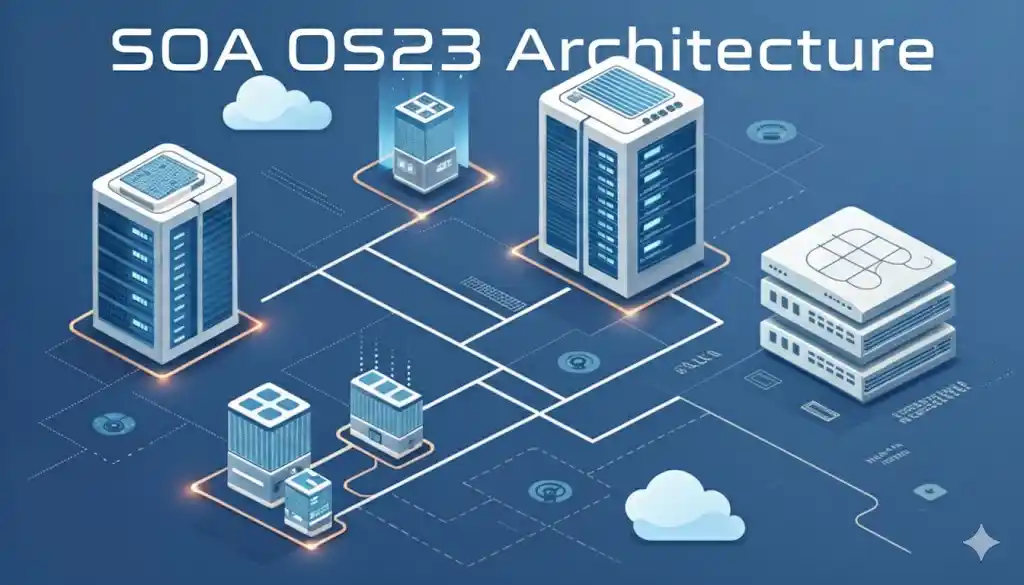What Waste Management Can Teach About Eco Living?

The management of waste emphasises the importance of minimising, utilising, and recycling non-renewable resources, which presents enormous training for eco-residing. Understanding the sorting, processing, and disposal of garbage enables human beings to make extra considerate choices at home, such as reducing the use of single-use plastics and composting natural waste. Additionally, it draws attention to the bad environmental effects of ineffective waste control and exhorts groups to take responsible action. Reducing carbon footprints and promoting sustainability are benefits of implementing eco-friendly practices encouraged with the aid of controlling trash. It is simpler to eliminate rubbish effectively and sustainably when you use services like Small Skip For Hire. Through doing this, we safeguard the environment and the next generation.
Segregation of Waste Is Crucial
Successful disposal of various kinds, including hazardous, recyclable, and compostable trash, is facilitated by proper separation of waste. People may guarantee that substances are treated properly by keeping kitchen garbage, plastics, paper, and e-waste separate. Recycling is more effective, and recyclable materials are not contaminated thanks to this straightforward yet effective habit. Waste management demonstrates that waste separation begins at home and is not only a municipal responsibility.
Composting Can Make Gold Out of Waste
Rich soil may be created through composting natural matter, which includes coffee grounds, meal scraps, and garden trimmings. Composting is promoted by means of the recycling of waste to improve soil health and reduce contributions to landfills. This awareness of this green addiction encourages urban gardens and reduces the amount of methane released by the rubbish in the dumps.
Proper E-Waste Disposal Is Important
Batteries, laptops, and other previous devices should in no way be disposed of in regular trash cans. Waste control tactics inform us of the dangers related to e-waste disposal, including the risk of hazardous metal contamination of water and soil. Taking those gadgets to authorised electronic waste recycling centres, where they are securely disassembled and analysed, is a part of living a green way of life.
Minimalism Lowers the Production of Waste
Statistics on waste management show how excessive waste is a result of consumerism. Reducing the quantity of trash produced can be accomplished by adopting minimalism, which includes buying fewer merchandise and prioritising quality over quantity. By selling considerate consumption and long-term usage of goods, a minimal way of life encourages eco-dwelling and decreases waste production.
Sustainability Is Encouraged by the Circular Economy
The idea of a closed economy, wherein substances are used for as long as they are viable, is achieved through waste control. Instead of throwing away, this approach encourages restoration, refurbishment, and recycling. Picking matters which might be recyclable, repairable, and sustainably made—critical practices of ecologically aware residing—is how this notion is put into practice in everyday living.
The Future Is Eco-Friendly Packaging
Packaging is a major source of waste in households. Packaging alternatives that are recyclable and biodegradable are becoming more popular among waste management firms. Picking products with environmentally friendly packaging as customers enables us to increase this cause. Reusable containers or keeping off produce packaged in plastic both contribute to a waste-unfastened way of life and less wasteful packaging.
Participation of the Community Is Essential
Participation from the community is important to the powerful implementation of trash control initiatives. Household focus campaigns and recycle initiatives as well as neighbourhood cleanup campaigns all highlight the power of collaboration. Sustainable living is a social responsibility as well as an individual responsibility. Being involved in your community helps to design an environment that is healthier and cleaner.
Every Little Thing Matters
We study from handling waste that even modest efforts can make a sizeable difference. Using a material bag, recycling paper, repairing water leaks, and turning off lighting fixtures may all seem small; however, taken together, they have a huge effect on the environment. Stability is the key to eco dwelling and it is sustainable everyday activity that will create the foundation of permanent change.
Proper Waste Disposal Prevents Pollution
Air quality issues, water pollution, and soil contamination result from defective disposal. Whether using municipal offerings or offerings like Small Skip for Hire, which give a convenient and responsible way to address larger waste amounts, waste management emphasises the importance of getting rid of waste responsibly. Ecosystems are protected, and environmental purity is promoted by safe disposal.
Reducing Waste Saves Money
Not many people know that environmentally friendly lifestyle and waste management can lead to economic gains. Over time, it will be possible to consume less water, energy, shop in large quantities, cook at home or repair something instead of buying a new one all these will save money. These environmental friendly practices reduce wastage and promote a more sensible way of life.
Composting Can Make Gold Out of Waste
Rich soil can be generated by composting organic wastes such as coffee grounds, food scraps and garden trimmings. Waste management also encourages composting to secure greater sanitization of the ground and minimization of landfill contributions. Understanding this eco-friendly habit promotes urban farming and lowers methane emissions from the dumps’ decaying garbage.
Final Words
Waste prevention is a lifestyle guide for those who want to live ethically, not just an industry. Its teachings on conserving resources, appropriate disposal, and consumption reduction are directly relevant to eco-living. People may greatly lessen their environmental impact and help create a greener world by putting these measures into practice.










